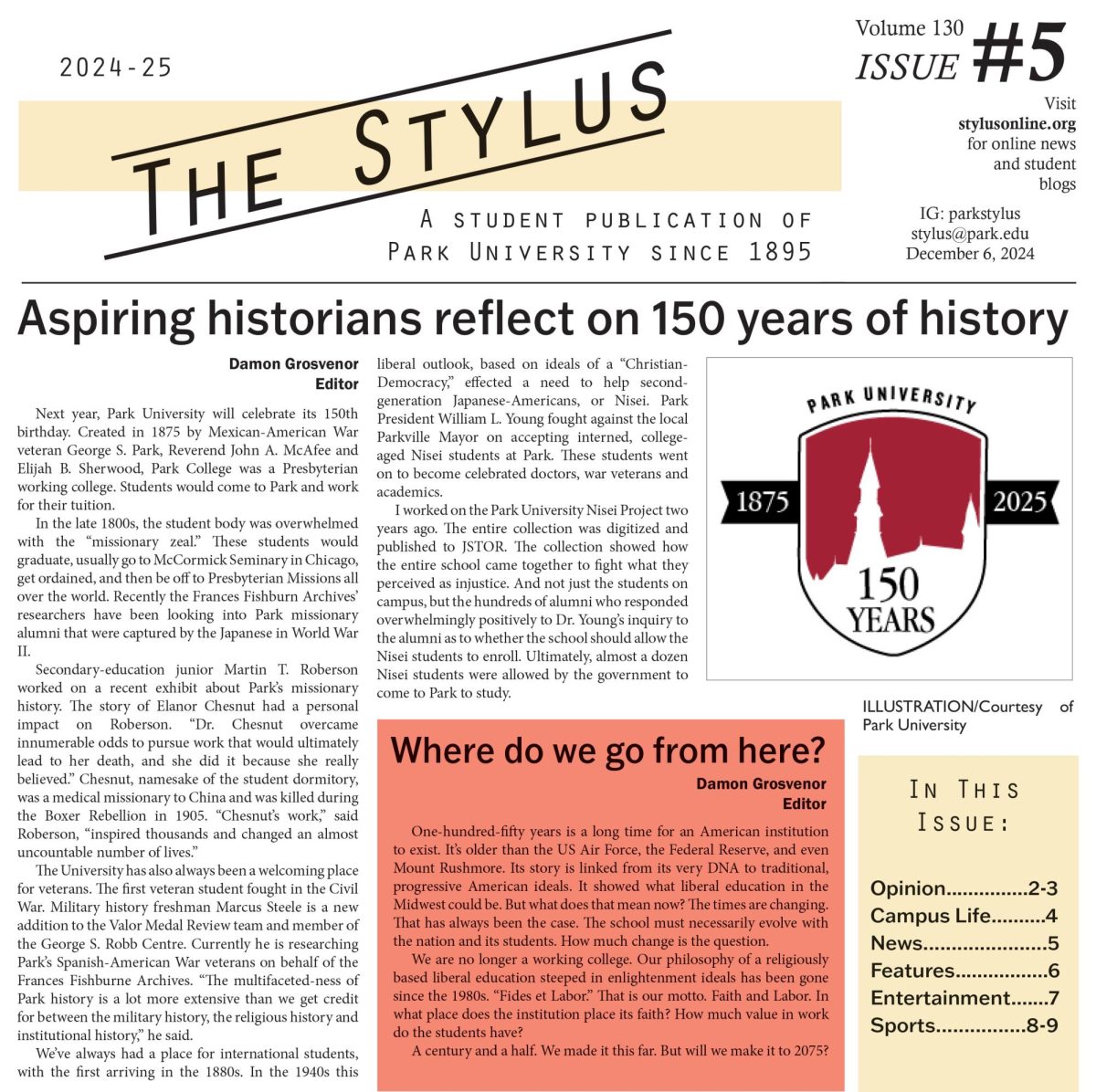Each September, National Suicide Prevention Month encourages communities to confront stigma and spread awareness about mental health. At Park University, students say the observance is vital on a campus known for its diversity.
“With so many international students here, not everyone comes from a culture where mental health is prioritized,” said Alana Jade, a Park student. “Some people don’t know how to prioritize their mental health, so it’s important to remind them they’re not alone.”
Her close friend echoed that message, emphasizing the importance of support systems. “It’s not your fault if you feel that way,” they said. “There is help out there, and there are people who care.” “Even if you feel like there’s no one in the moment, you won’t feel like this forever.”
Breaking Misconceptions
Both students pointed out that common stereotypes about suicide can be misleading and harmful. “People assume someone who’s suicidal will look sad all the time, but often the ones who smile the most are struggling inside,” Jade explained. Her friend added that dismissive comments can make things worse. “Some say it’s selfish or just tell people to be happy. But just because someone looks okay doesn’t mean they are okay.”
Warning Signs and Support
Warning signs may look different for everyone, but students stressed the importance of paying attention. “For some, it’s withdrawing from campus life or acting outside their usual character,” Jade noted. “Even something small can be a sign.” Jade added that helping peers doesn’t always mean big actions. “Offer to take a little weight off, help with assignments, dishes, or dorm chores. Her friend added “If they show serious signs, get help right away. Sometimes just being there to talk makes a difference.”
The Role of Faculty and Awareness
Faculty and staff also play a crucial role in supporting students. “Don’t assume a late assignment is laziness,” Jade said. “There could be more going on.” Her friend suggested creating safe spaces for expression: “Events where students can anonymously share their feelings would really help.”
Conversations and awareness campaigns, they agreed, can reduce stigma and encourage openness. “They remind people to stay on alert for their friends and loved ones,” Jade said. “And they show that men, especially, aren’t less of a person for expressing their emotions,” her friend added.
Self-Care and Reaching Out
When it comes to self-care, both recommended finding healthy outlets. “Have a creative outlet that lets you express yourself,” Jade advised. Her friend added, “Break up workloads, write down your feelings, take walks, and give yourself permission to take breaks.”
For those worried about judgment when reaching out, Jade’s advice was simple: “If you’re seeking help, speak up and go all in.” Her friend agreed: “Find someone you’re comfortable with and open up.”
A Message of Hope
As National Suicide Prevention Month continues, both students hope their peers take away the same message: be aware, check in, and don’t assume someone is okay just because they appear fine. “Trials and tribulations don’t always last,” her friend said. “There’s always hope.”





